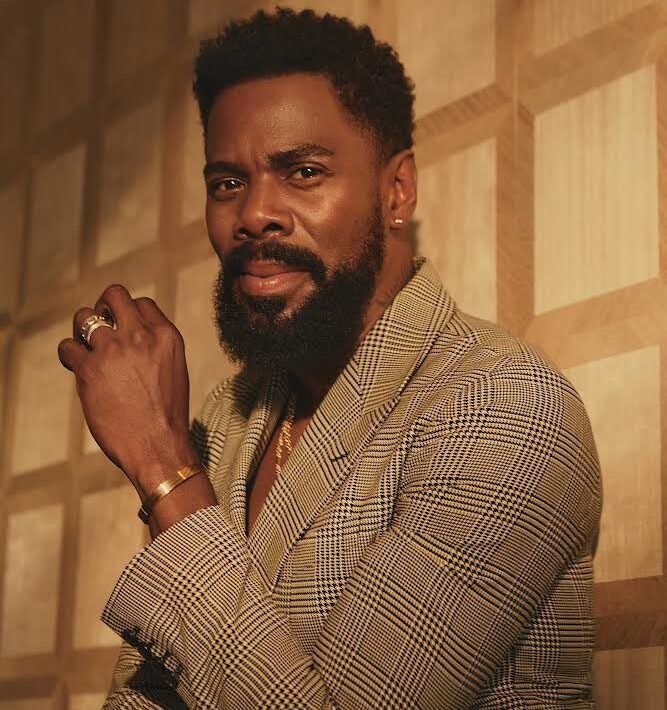Queer Short Film ‘Somnium’ Tackles Much-Needed Conversations
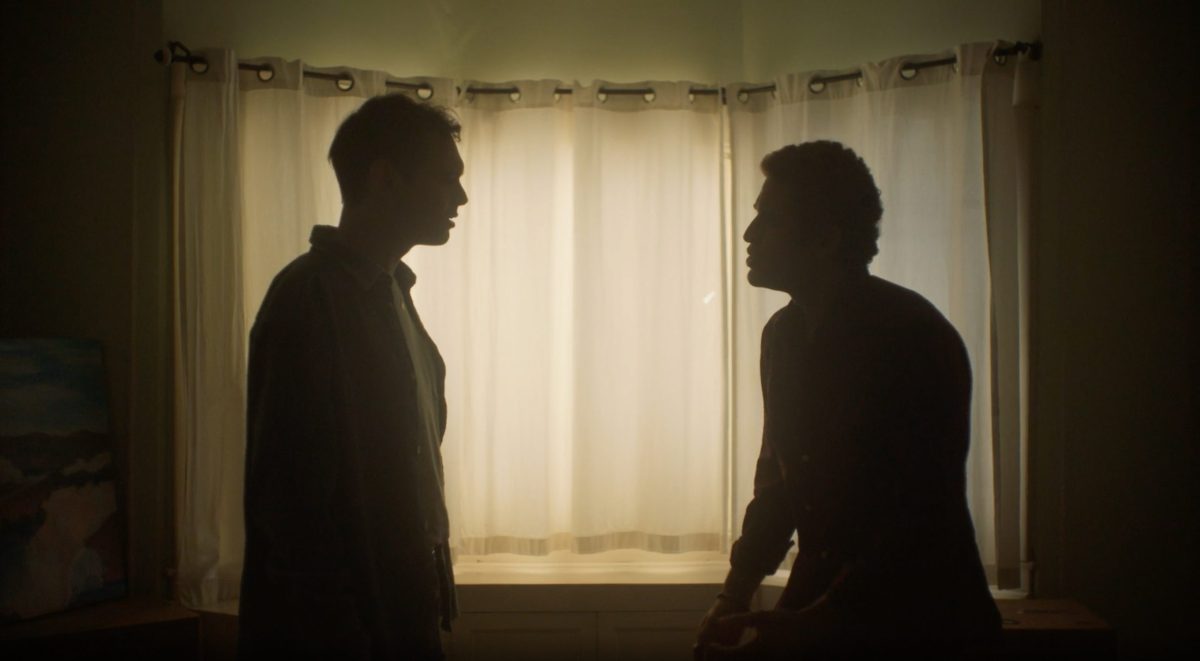
Denny Patterson is a St. Louis-based entertainment and lifestyle journalist…
By telling stories that inspire healing and catharsis, London-based writer and actor Mitchell Peters is hoping to make his mark on the entertainment industry. His newest short film Somnium, a psychedelic, queer, supernatural drama, premiered at the NewFilmmakers LA festival last month.
Focusing on themes of shame and sexuality, Somnium is about couple Jeremy (Anthony Soto) and Elliot (Peters), who seem to be on good terms with each other. However, a pill pop seems to unlock far-reaching nightmares in Elliot, partly due to a mysterious painting called Somnium, which Jeremy claims inspired the artist from a dream he had. Their deepest traumas personify into sinister creatures after they embark on a psychedelic trip.
Directed by L.E. Woods, this dark and erotic film attempts to focus on the deeper themes of supernatural cause and effect in the context of an LGBTQ narrative.
OFM caught up with the up-and-coming creative to talk more about Somnium and the impact he hopes the film makes.
Can you begin by telling us more about the concept behind your film, Somnium?
Somnium is a queer, psychedelic horror film, and it’s about this couple who take psychedelic drugs and they trip together in this empty mansion. While they’re tripping, their inner demons manifest and haunt them, and they have to kind of find some type of spiritual healing throughout all of that. They also have to fight for their relationship. So, it kind of deals with different themes around shame and sexuality and how that shows up in our adult lives and relationships.
What inspired you to create this project?
First of all, I think growing up queer in any type of way in this world, having that realization can be traumatic for a lot of people, especially if you’re younger. It’s not like that for everyone, but I believe it can be that way for a lot of people.
I was in therapy at the time when I was writing this project, and a lot of those different things like shame and sexuality were coming up, and we just wanted to do a deeper dive into it. I kind of had this moment where I was like, “Why is no one talking about this?” I felt like I wasn’t talking about it with my other queer friends, and collectively, I wasn’t seeing much of a conversation happening as a community.
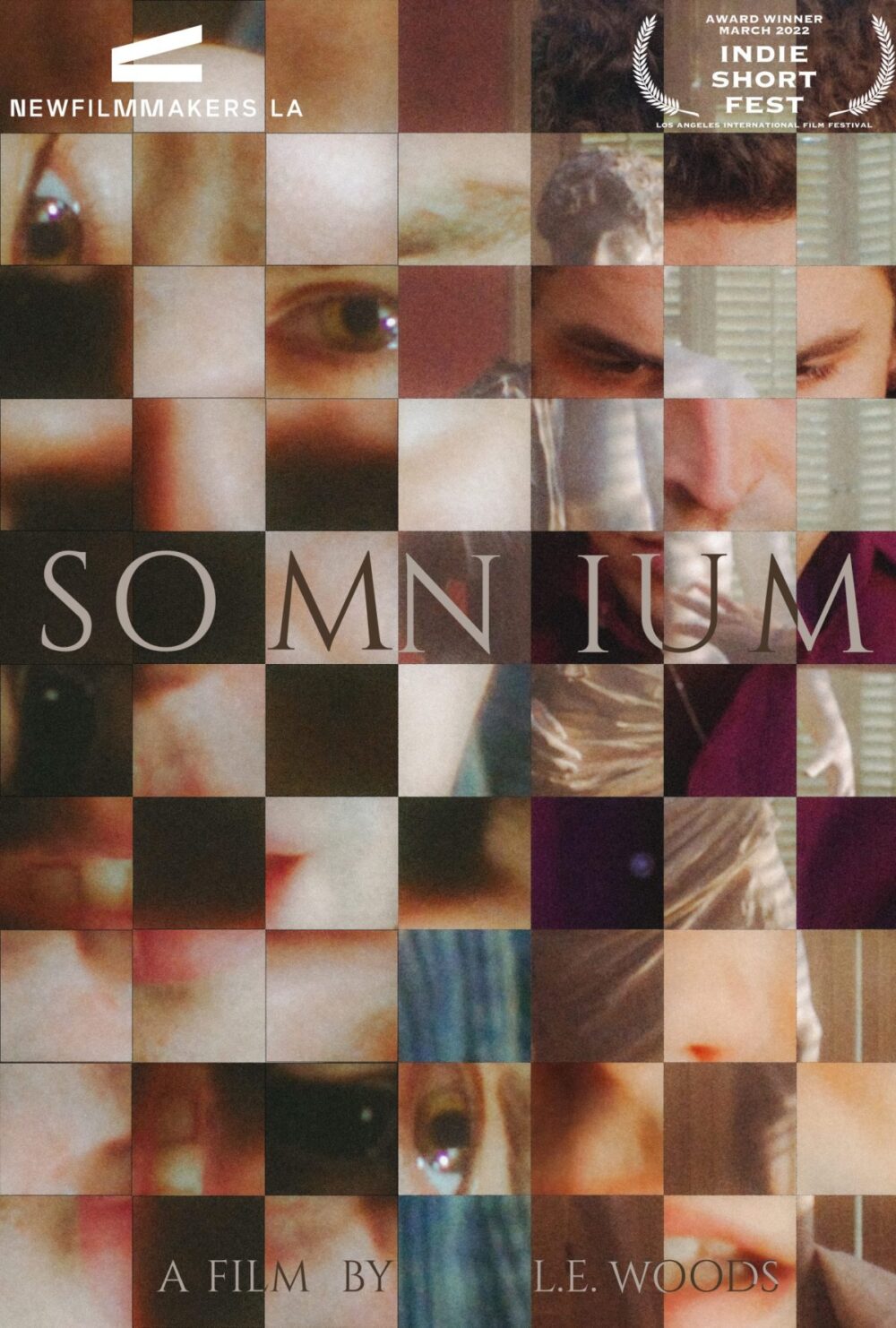
There wasn’t much of a discussion about it, and I felt that within mass media, there’s this common narrative that’s like, our journey kind of ends once we come out. We don’t really explore much of what happens after that point. I was interested in exploring the psychological, emotional, spiritual, and even physical effects that internalized shame has on us when we’re older and how that affects us.
To answer your question, I guess I was trying to process my own shame through his story while also being able to tell a story that would hopefully start some type of conversation.
Why do you believe these conversations are important to have?
Because when I was working on this film, I felt very alarmed and confused. I felt like there was something wrong with me, and this was still kind of affecting me even after I was out, dating, that kind of stuff. I feel like it is important to talk about it and to kind of create a space where people can discuss and explore how they are carrying their own shame.
What is something you have learned about yourself throughout the process of making Somnium?
Writing it from a very personal experience, and then producing and acting in it, that was a very healing and cathartic thing to go through. There were definitely moments while filming scenes where I realized I should have more compassion for myself. I think that’s the main thing, just having compassion.
The film premiered at the NewFilmmakers LA Festival last month. What were you feeling once it started to play?
I actually wasn’t there (laughs). I’m in London and had to stay here, but the rest of the cast and crew were there, and they were FaceTiming with me the entire time. So, I received a lot of updates. Even though I wasn’t physically there, I was still kind of nervous because although this is not my first film, I still consider myself to be a very new filmmaker. I was nervous, but it was also very exciting because it felt like a big deal. I was excited for people to see it and to hear about their reactions. I was happy because from what I heard, people were really, really interested in it.
That was my next question. Audiences enjoyed it?
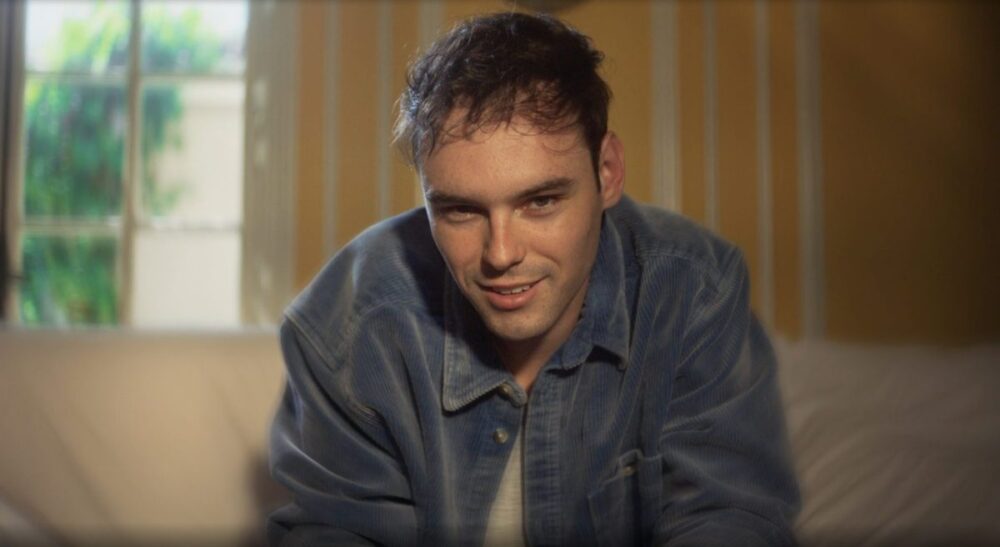
Yes. They really enjoyed it and liked the themes and message of the film. They were very intrigued by it. I think a lot of people who watch it want to know where we’re going to take it next. They want to know if we’re going to do something more with it. So, I think people just kind of want to see more. That’s been the general reaction.
Are there plans to do something more with it?
L.E. Woods—He’s the director of the film, and I co-wrote it with him—We are currently writing the feature film version of it. Hopefully, the short will show up in more festivals, but in the meantime, we are writing a longer version.
Ultimately, what do you hope audiences take away from the Somnium?
I just hope that people become curious about themselves. I really hope they ask themselves questions and figure out if there is any kind of healing that they need to do if they are carrying or holding onto things that they may have processed as children. We are sent a lot of messages about who we are and how we identify, and we attach so much negativity to such innate human things about us. I hope that people will start to kind of unlearn the horrible things we’ve been taught about ourselves.
Have you always had a passion and desire to work in entertainment?
I would say yes and no. I grew up as a dancer, and I grew up taking drama and singing lessons my whole life. So, I was always on a stage, but I didn’t know anyone who was in the film industry, or anyone who did anything like this professionally. It didn’t seem very realistic, so I never really thought about it as a job.
I actually studied journalism, and I wanted to be an entertainment journalist because I thought I could talk about entertainment and kind of do what you’re doing—interview people and stuff like that. After I graduated, I never got a job as a journalist, and I was just procrastinating.
Eventually, I was like, I think I want to actually be an actor. I want to see if I can do it professionally. I think it’s always been there; it just took me a while to figure out how I could turn it into a career.
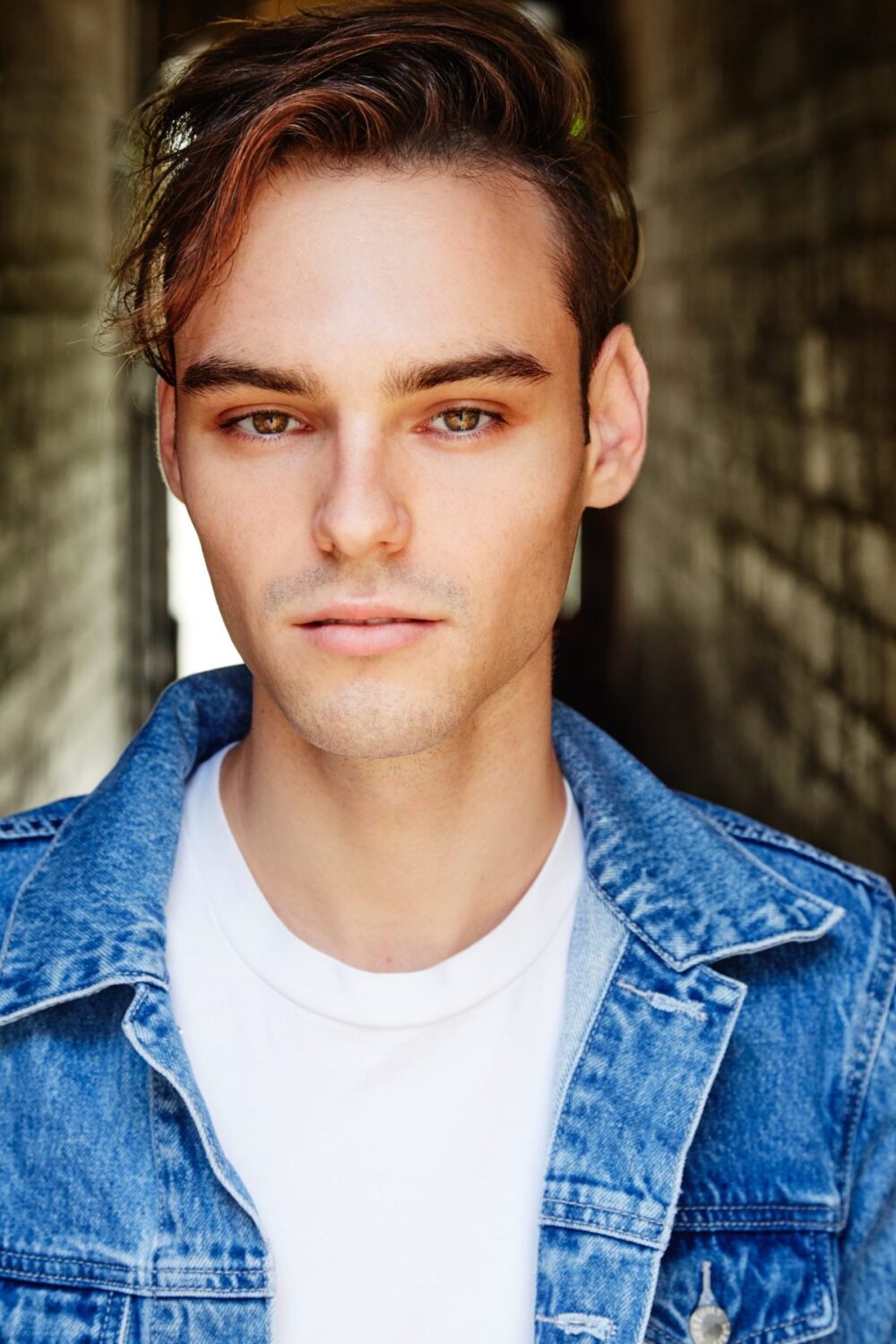
What are some future goals you hope to accomplish with your career?
That’s kind of a tricky one because I feel like I’m trying to let go of control with my career. I’m trying this new thing where I want to take my hands off the wheel a little bit and just let things happen. I know that’s a vague answer, but overall, I would love to continue doing what I’m doing. Acting, writing, and hopefully, I’ll direct one day as well. I just want to tell stories that inspire healing and catharsis for people.
Before we wrap up, are there any other upcoming projects or anything else you’d like to mention or plug?
Like I said earlier, we’re currently writing the feature film version of Somnium, which I’m very excited about, and we’re also writing a TV pilot. It’s a dark comedy about a strip club. I know, very different (laughs). We’re also in post-production for another short film called Scott, which was directed by George Sear from Love, Victor. I saw that you interviewed him; he’s a good friend of mine. So, I’m very excited to see where that film goes.
Stay up-to-date and connect with Peters by following him on Instagram @mitchell.peters.
Photos courtesy of Brit Rose, Rob Webster, and Sally Flegg Photography
What's Your Reaction?
Denny Patterson is a St. Louis-based entertainment and lifestyle journalist who serves as OFM's Celebrity Correspondent. Outside of writing, some of his interests include traveling, binge watching TV shows and movies, reading (books and people!), and spending time with his husband and pets. Denny is also the Senior Lifestyle Writer for South Florida's OutClique Magazine and a contributing writer for Instinct Magazine. Connect with him on Instagram: @dennyp777.




